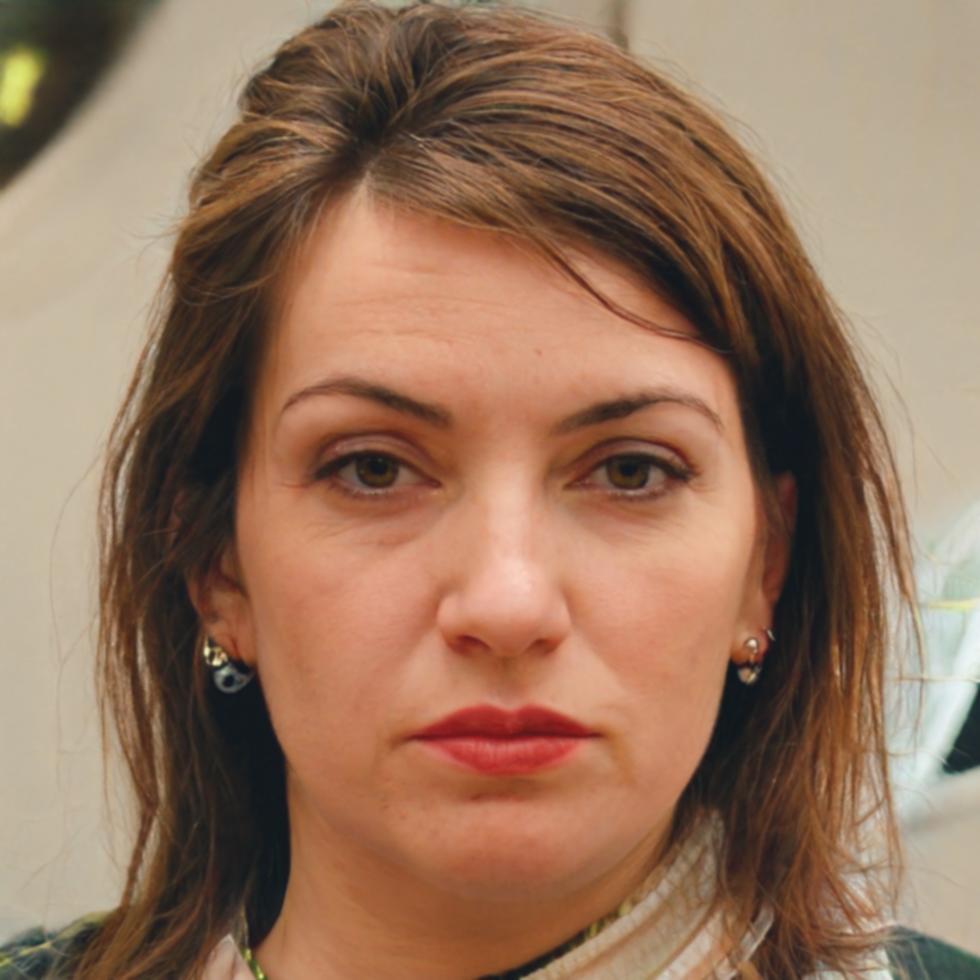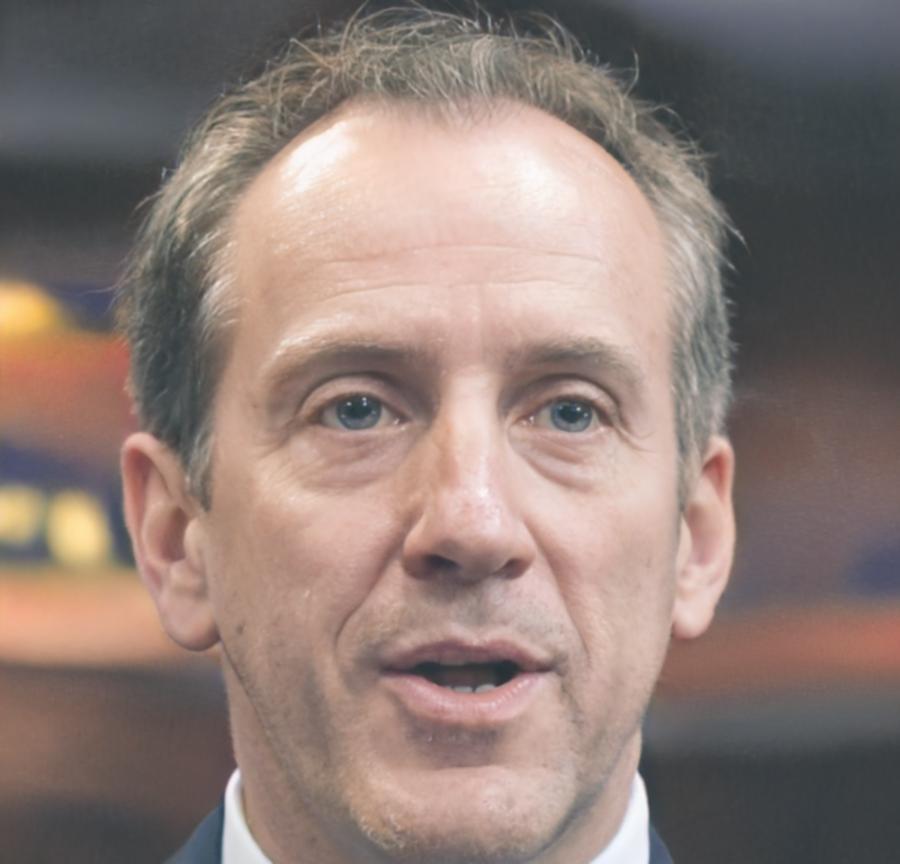Budget Mastery for Australian Event Planners
Whether you're organising community festivals or corporate conferences, our practical program teaches you the budgeting skills that matter. Real scenarios, honest numbers, and strategies that work in the Australian market.
Get Program DetailsThree Learning Tracks
Pick the path that matches where you are right now. You can always change direction later.
Starter Track
New to event budgeting? This track covers the basics without assuming prior knowledge. Perfect if you're just getting started.
- Budget fundamentals and terminology
- Simple spreadsheet techniques
- Common cost categories for events
- Basic contingency planning
Practitioner Track
Already done a few events? This track tackles the messy middle ground between basic budgets and complex financial management.
- Multi-vendor cost coordination
- Cash flow timing strategies
- Sponsorship integration
- Budget variance analysis
Advanced Track
Running large events or managing teams? This track gets into scenario modeling and risk assessment that bigger budgets demand.
- Complex forecasting models
- Risk quantification methods
- Multi-event portfolio planning
- Stakeholder financial reporting

How We Actually Teach This
No death by PowerPoint. We built this program around case studies from real Australian events—both successes and the ones that went sideways.
You'll work through actual budget scenarios, not simplified textbook examples. The difference matters when you're dealing with Melbourne venue pricing or Sydney supplier networks.
Case-Based Learning
Every module centres on real event budgets. Some worked brilliantly, others didn't. You'll figure out why and what you'd do differently.
Australian Market Focus
Cost structures here differ from overseas. We use local examples with realistic numbers from Brisbane to Perth markets.
Flexible Scheduling
Most participants finish in six to nine months, studying around work commitments. There's no artificial deadline pressure.
Not Sure Which Track Fits?
Never Built an Event Budget?
Start with the Starter Track. It assumes no prior knowledge and builds from there.
Done 3-5 Small Events?
Practitioner Track will challenge you without overwhelming. Good middle ground.
Managing Large Budgets?
Advanced Track covers complexity you're probably already encountering.
Working With Spreadsheets Daily?
You might skip ahead in Practitioner or start Advanced, depending on event experience.
Want Practical Skills Fast?
All tracks are practical. Pick based on your current event experience level.
Track Comparison Overview
Side-by-side look at what each learning path covers and who it suits best.
| Feature | Starter Track | Practitioner Track | Advanced Track |
|---|---|---|---|
| Typical Duration | 4-6 months | 6-8 months | 8-12 months |
| Prerequisites | None required | Basic event experience | Multiple events managed |
| Spreadsheet Skills | Taught from basics | Intermediate assumed | Advanced techniques |
| Budget Complexity | Single event focus | Multi-vendor coordination | Portfolio management |
| Case Studies | 6-8 examples | 10-12 examples | 15+ detailed cases |
| Support Access | Email and forums | Email, forums, monthly Q&A | All above plus priority support |
Who You'll Learn From

Callum Brigstocke
Starter Track Lead
Spent twelve years coordinating community festivals across Victoria. Knows what confuses beginners because he teaches this material to local councils regularly.

Sienna Threlfell
Practitioner Track Lead
Corporate event background with focus on budget optimization. She's managed everything from product launches to multi-day conferences across Australian capital cities.

Rhodri Catchpole
Advanced Track Lead
Former finance director for major event production companies. Now teaches the financial strategy that larger organizations actually need but rarely document properly.